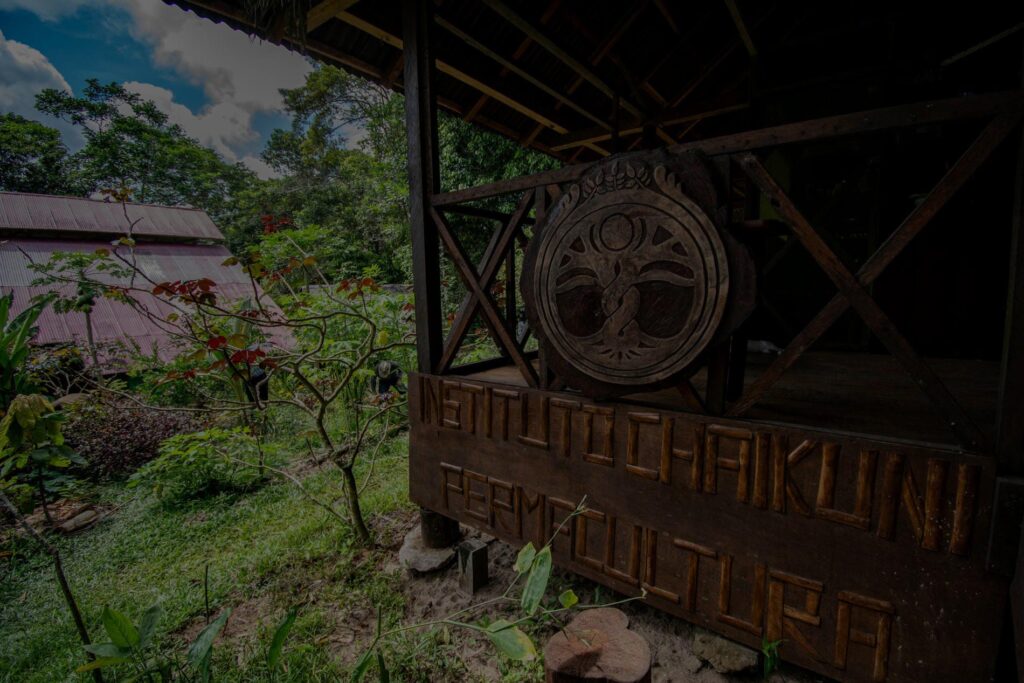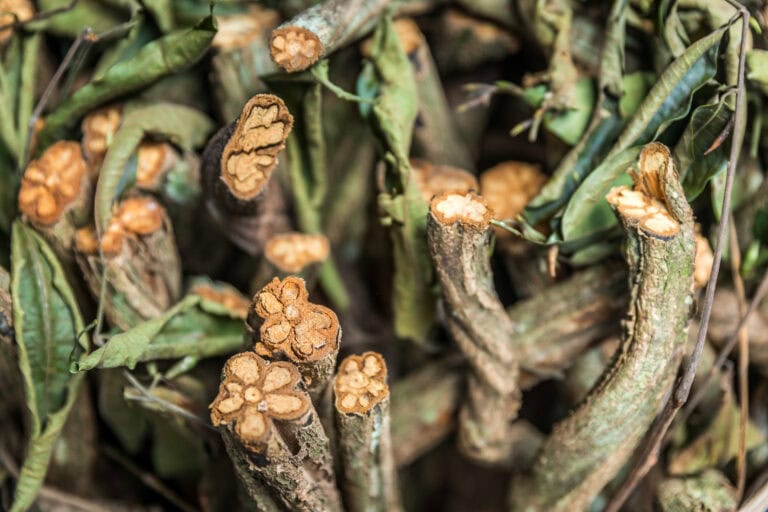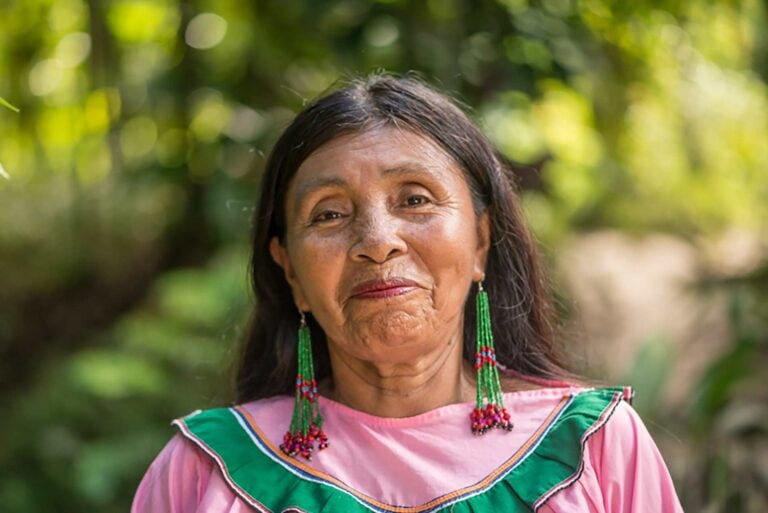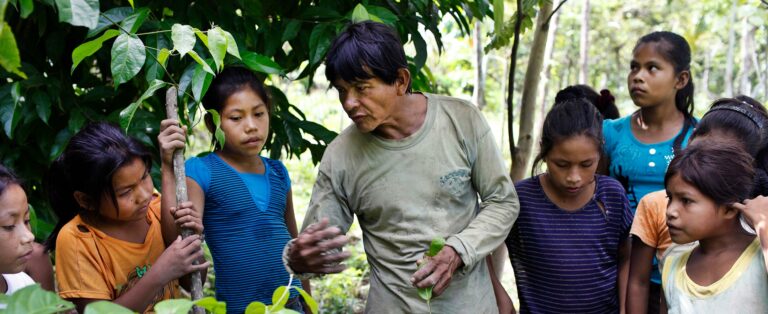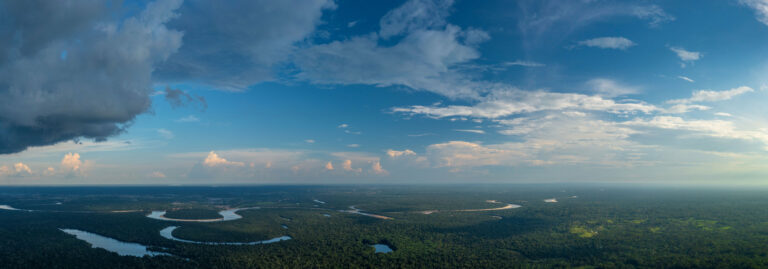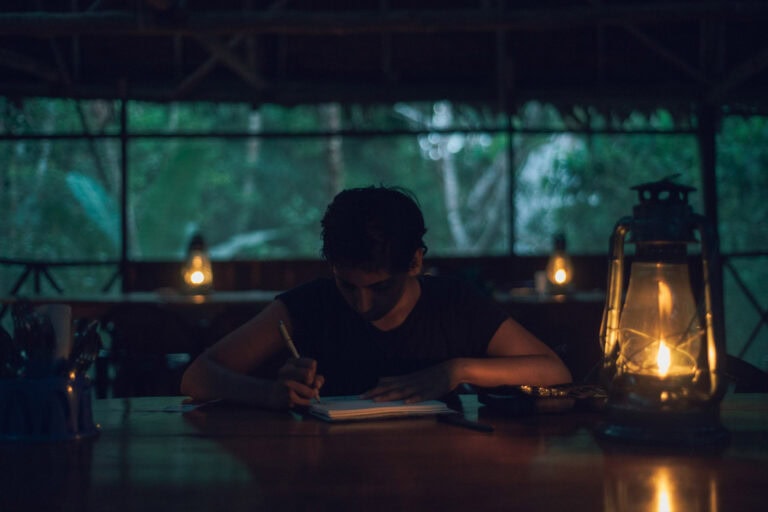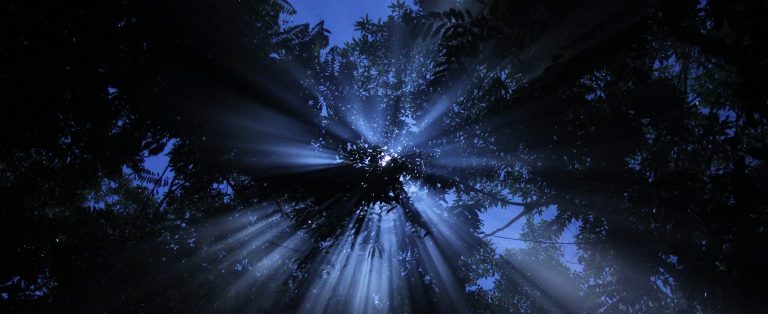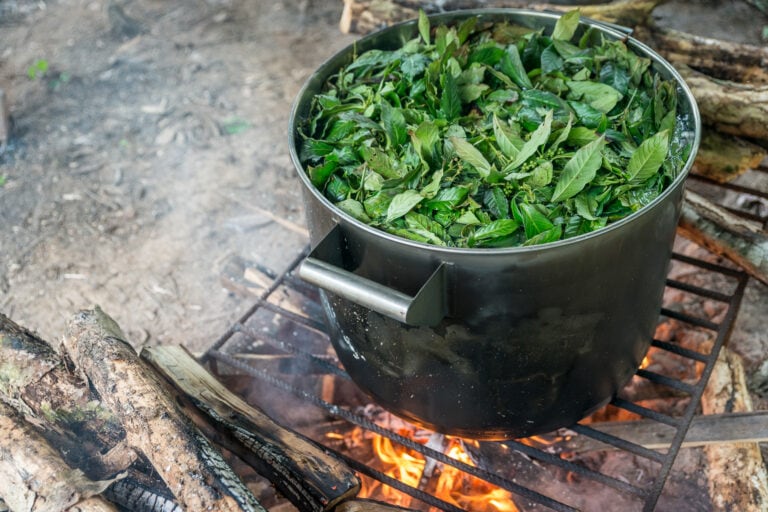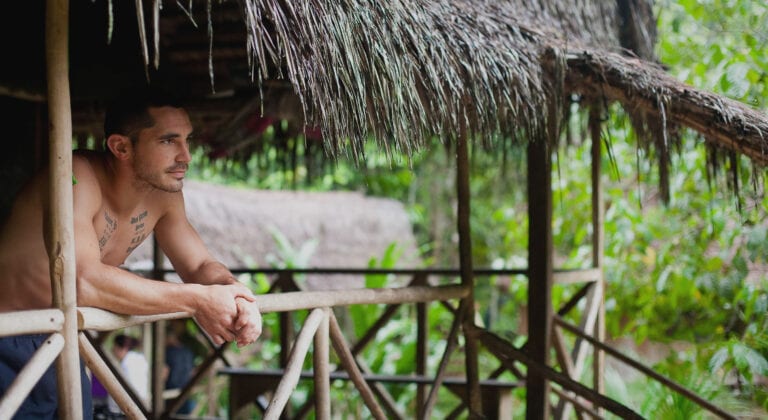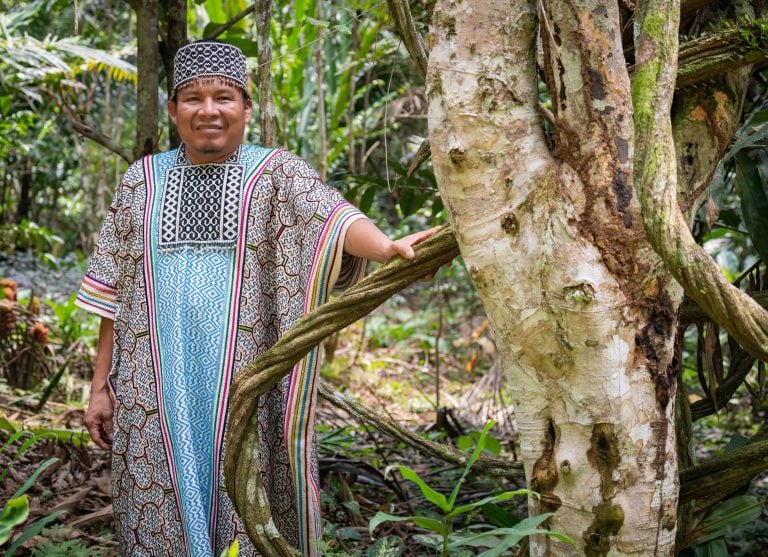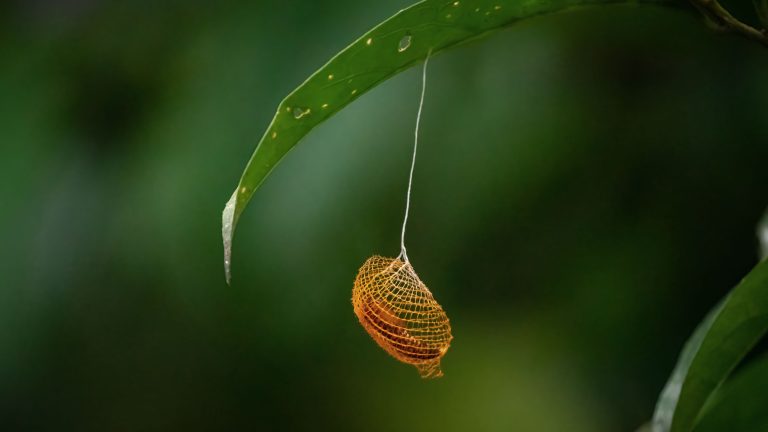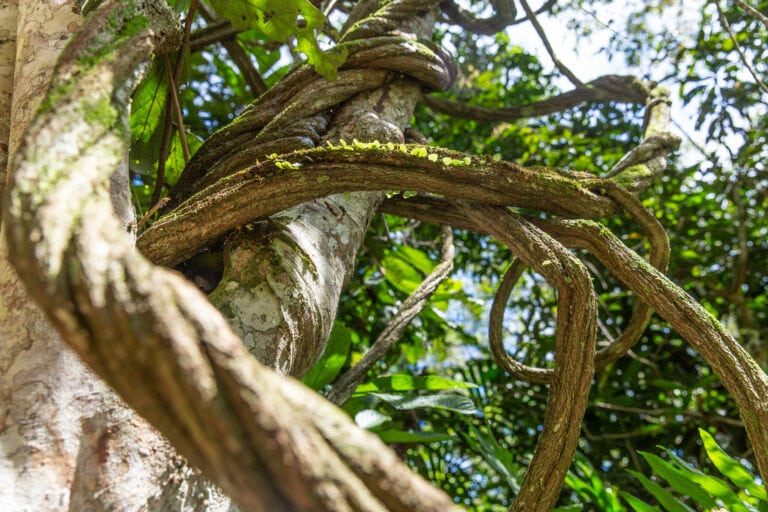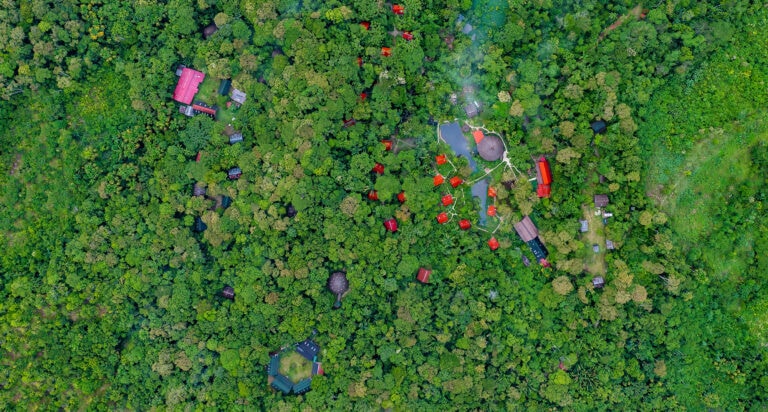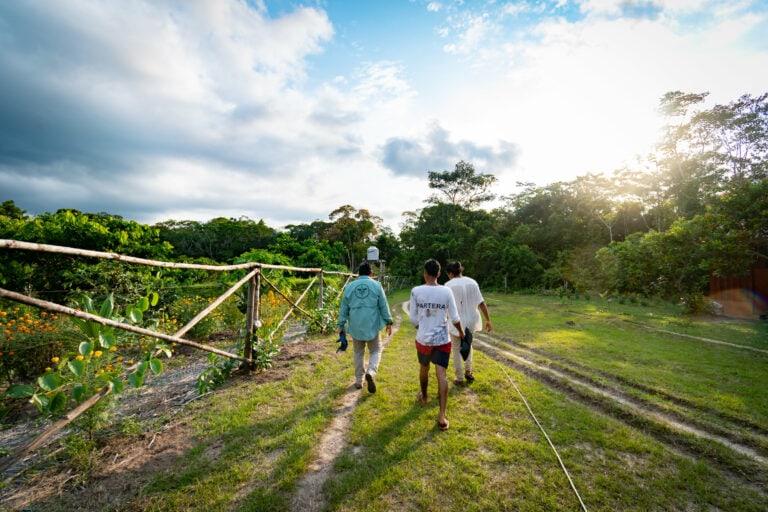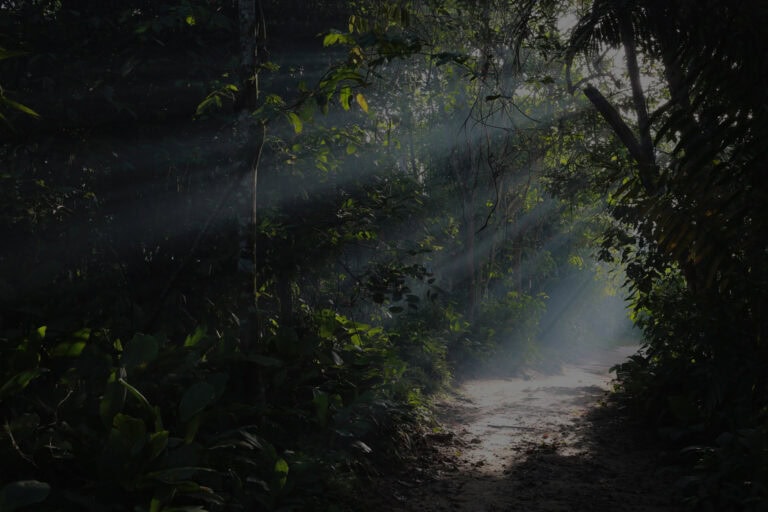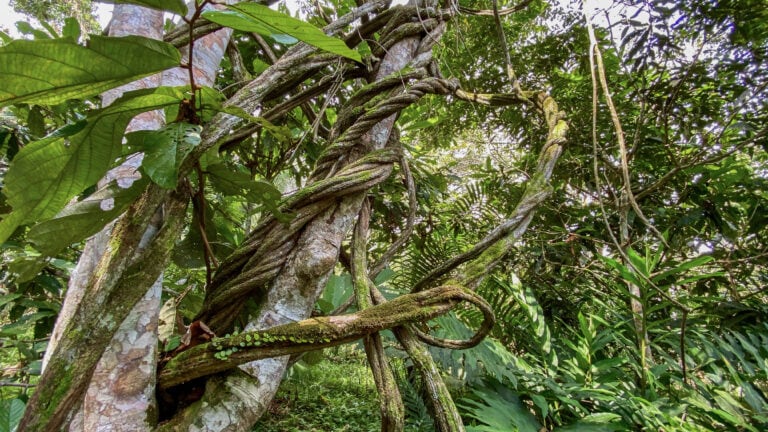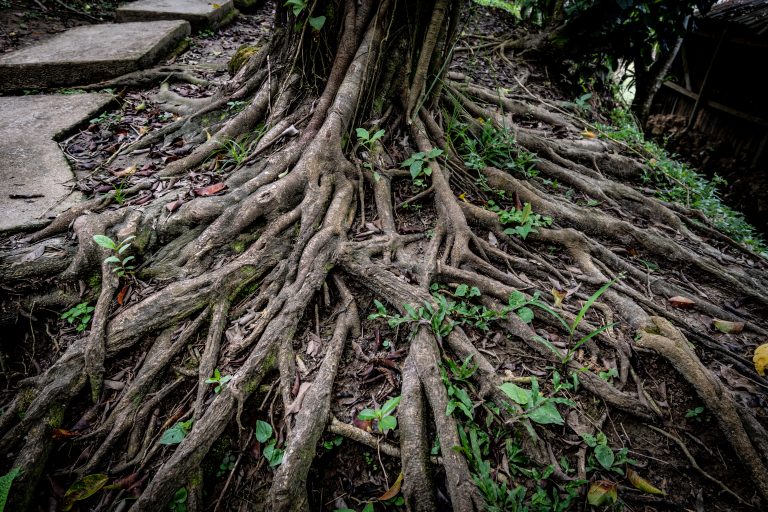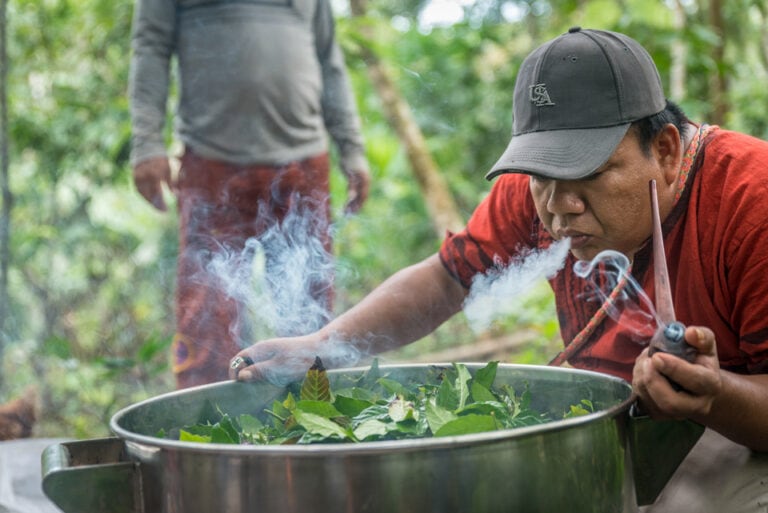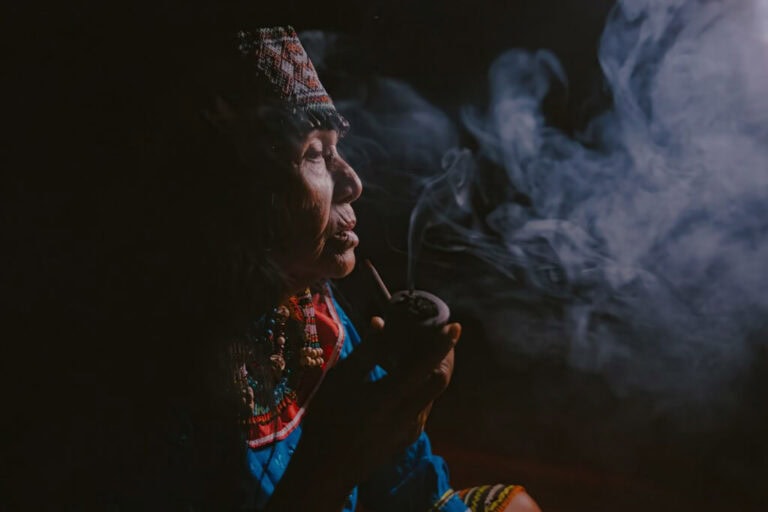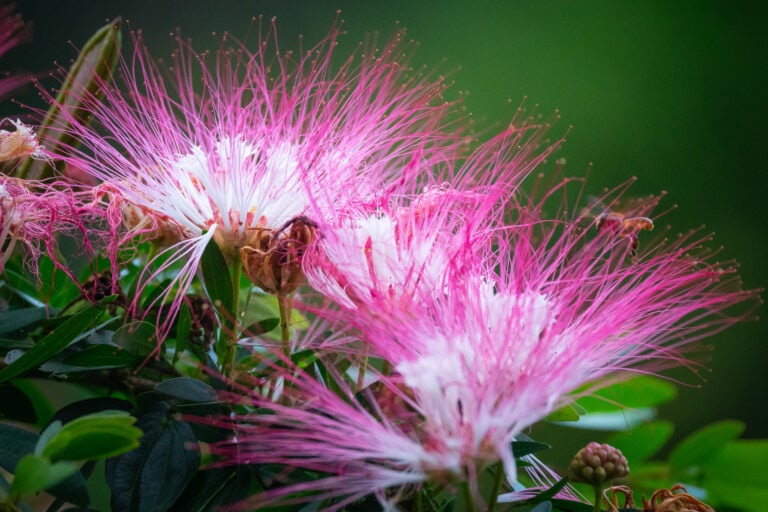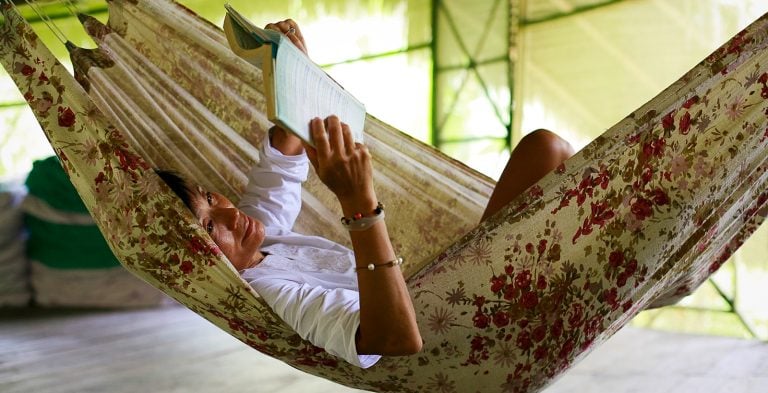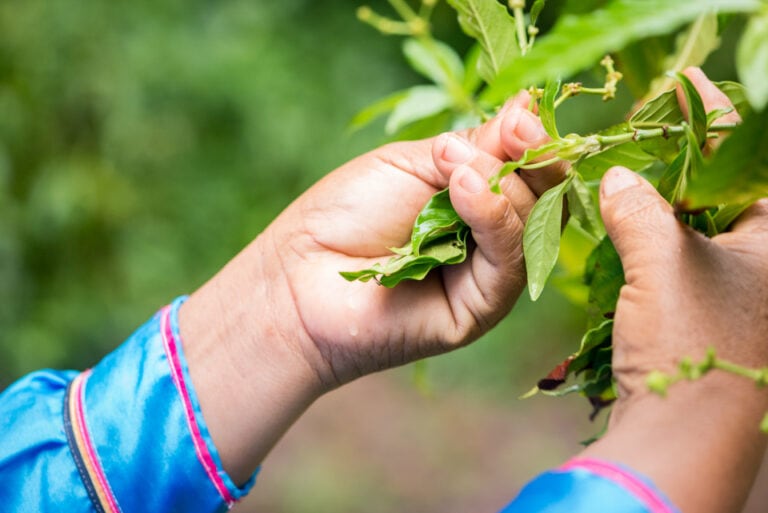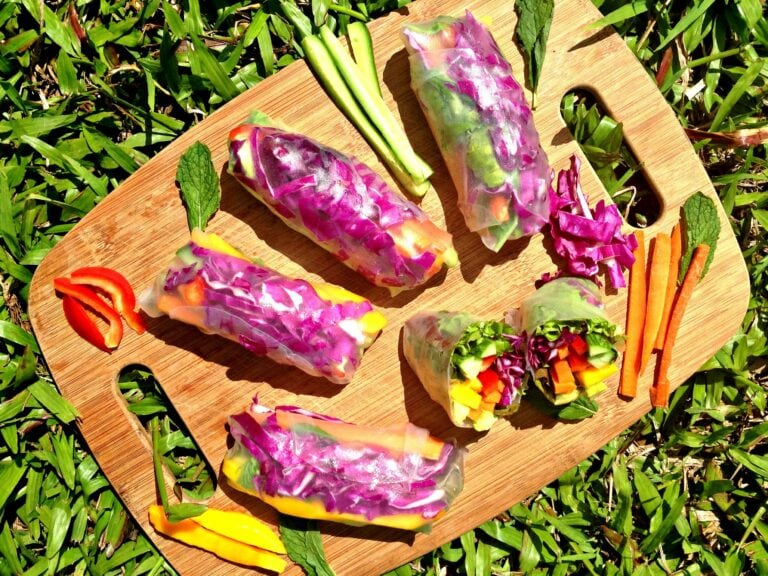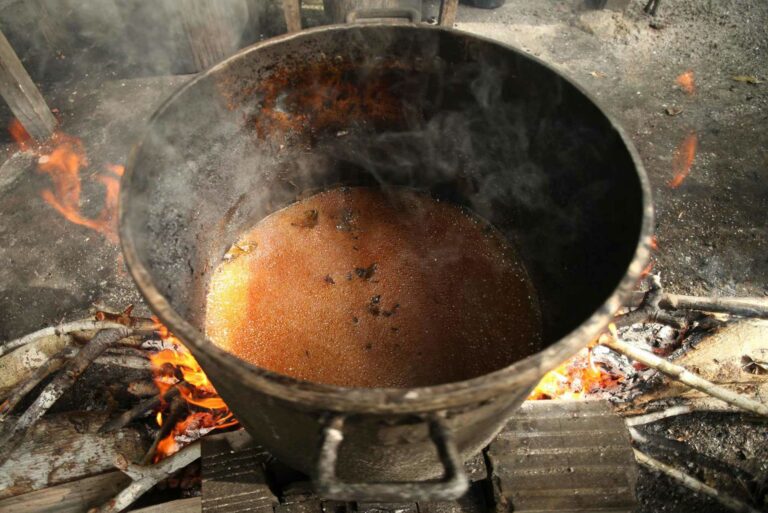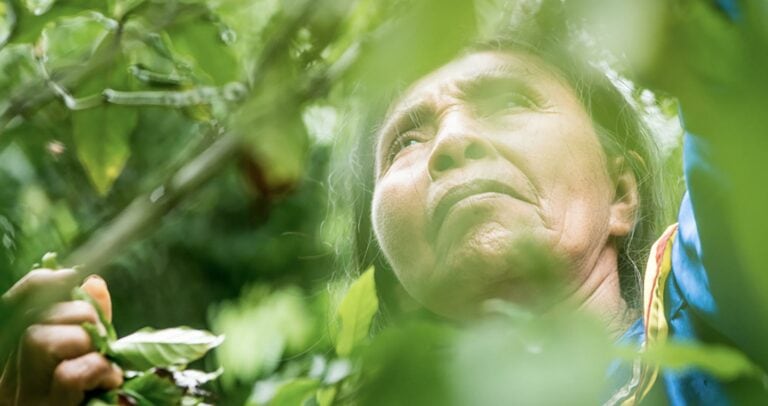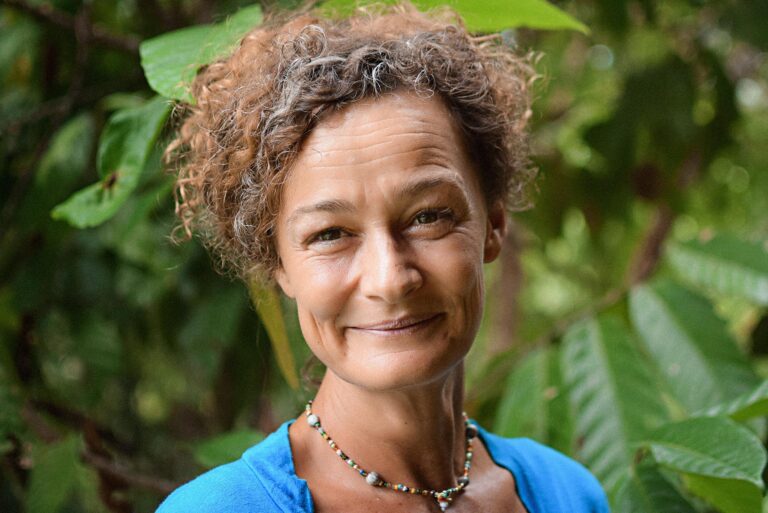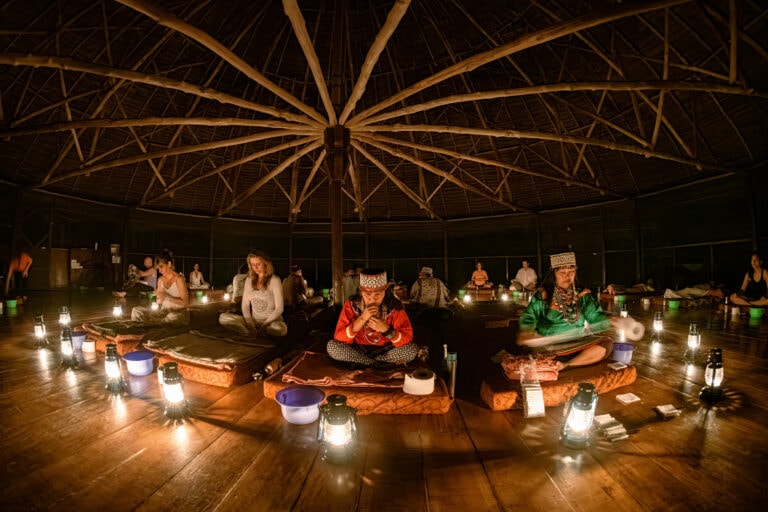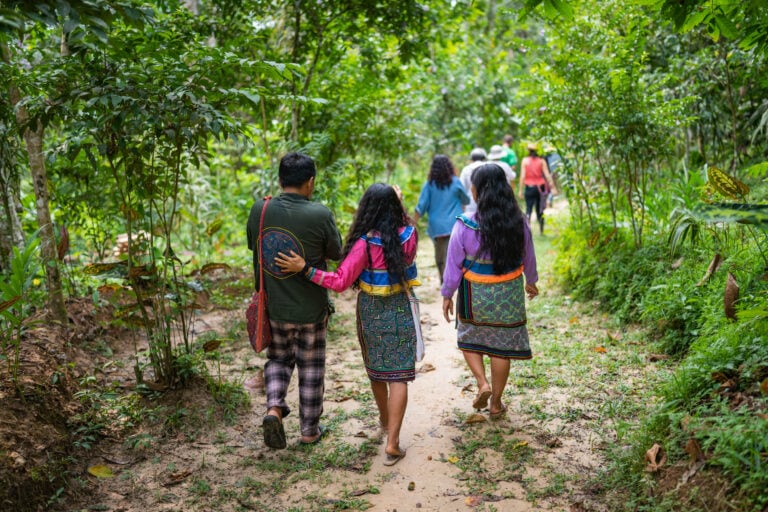The Chaikuni Institute is a grassroots collective which investigates, promotes and protects equitable, inclusive, interrelated, and abundant living systems. By honouring indigenous wisdom and enacting the principles of permaculture, we support a form of life known in Spanish as buen vivir, and in Quechua as sumak kawsay. It is a mindful approach to good living which emphasizes community focus, harmony, and social responsibility to the Earth and her people.
We believe that as humans, it is our responsibility to reorient ourselves away from the exploitative and self-destructive ideas and behaviours which now dominate our planet. We strive to reform our relationship to the earth and to each other in such a way that honours the sacred interrelation of all life, and which contributes to the health and happiness of all beings.
Our Mission
We explore synergetic solutions by cross-pollinating indigenous wisdom with rights-based solutions and progressive eco-technologies. Through this integrated approach, we are working towards an alternative, sustainable and regenerative future for all beings.
Working hand in hand with indigenous people and like-minded organizations, we pursue our holistic vision of health and happiness in the Amazon along three distinct paths: Intercultural Education, Permaculture, and Human and Nature Rights.
These three distinct operational branches of the Chaikuni Institute function together, in different arenas, for interwoven solutions to the pervasive and complex challenges at hand.
Permaculture Center and Regenerative Agroforestry
The Chaikuni Institute combines both indigenous wisdom and modern knowledge to create regenerative and reciprocal alternatives to the current model of linear development and the widespread adoption of soil-depleting monocultures.
In the face of destructive extractive industries and the widespread use of slash-and-burn monoculture agricultural models in our Amazonian region, we seek to inspire people, both locals and visitors, to (re)discover more diverse, sustainable, and regenerative ways of living with our forest environment, and become agents of change to rescue and preserve endangered ancestral, agricultural, and cultural knowledge, and preserve the unique Amazon ecosystem.
By creating meaningful, reciprocal dialogue and praxis between local indigenous and mestizo Amazonian farmers on one hand, and Chaikuni’s professional, agro-forestal engineers and permaculture experts on the other, we are experimenting with novel, healthy, and sustainable ways to interact with the environment, its people, and the local economies.
Situated outside Iquitos, on a 300-hectare parcel of secondary tropical rainforest, our permaculture center has grown since its inception in January 2013. We investigate and promote sustainable access to plant medicine, healthy food, and economic opportunities for local communities by creating an integral agriculture model within our Amazon permaculture center.
We are cultivating a high-functioning permaculture base and micro-business model for the sustainable development of Amazonian rural areas, which also serves as an educational hub combining indigenous wisdom and modern knowledge. Our model continuously evolves to offer alternatives designed to help local communities confront day-to-day challenges.



Human and Nature Rights
We are dedicated to the protection of the Amazon Rainforest and beyond, our beloved Mother Earth. We aim to transcend the anthropocentric limitations of our current legal system to recognize and respect the sanctity of all life in the Amazon. We oppose shortsighted extractive systems that allow humans to desecrate and pollute our jungle home, the lungs of the world.
We perceive the current global development model to be the major cause of growing inequality among people, of violations of basic human rights as well as the rights of nature. It is a model that incurs unsustainable and unreasonable consumption levels, and the destructive, uncontrolled exploitation of natural resources across the planet.
In our region, as elsewhere, extractivism has led to poverty, ecological devastation, land theft, food insecurity, corruption, the criminalization of social protest, deforestation, climate change, armed conflict, forced migration, and countless other forms of environmental and social harm.
The extraction of natural resources in this region is causing irreversible harm to the Amazon, its people, and by extension, to the rest of the world. We stand with indigenous organizations across Peru to resist systems which privilege profit over people.



Intercultural Education
We believe in intercultural education as a means for creating an inclusive, diverse, and equitable society which honours and celebrates its constituent cultures and identities. We support the academic careers of indigenous students across Peru, as couriers of the mutually advantageous cultural exchange we believe in. Academic opportunities allow for indigenous students to return home with knowledge and skills which their communities can learn and integrate.
As of January 2015, only 43% of Loreto’s youth finish high school and only 11% of those students can begin higher education. For indigenous youth access to higher education is even more shockingly low: Only 3,25% of the indigenous population in Peru’s Loreto region complete higher education.
Through our educational program “Sui Sui”, we are presently supporting the local indigenous student organization OEPIAP, which represents over 120 indigenous university students from 15 Amazonian peoples.
Our Intercultural Education program (Sui Sui) is based on six main lines of work:
- Improvement of living and study conditions of Indigenous students in Iquitos
- Strengthening OEPIAP’s organizational and advocacy capacities
- Academic tutoring and personal development
- Advocacy and network building with government bodies
- Civil society and educational institutions with regard to intercultural education and indigenous peoples
- Raising awareness (through communications) on the challenges for indigenous students.
Please visit the Chaikuni Institute for more information.
